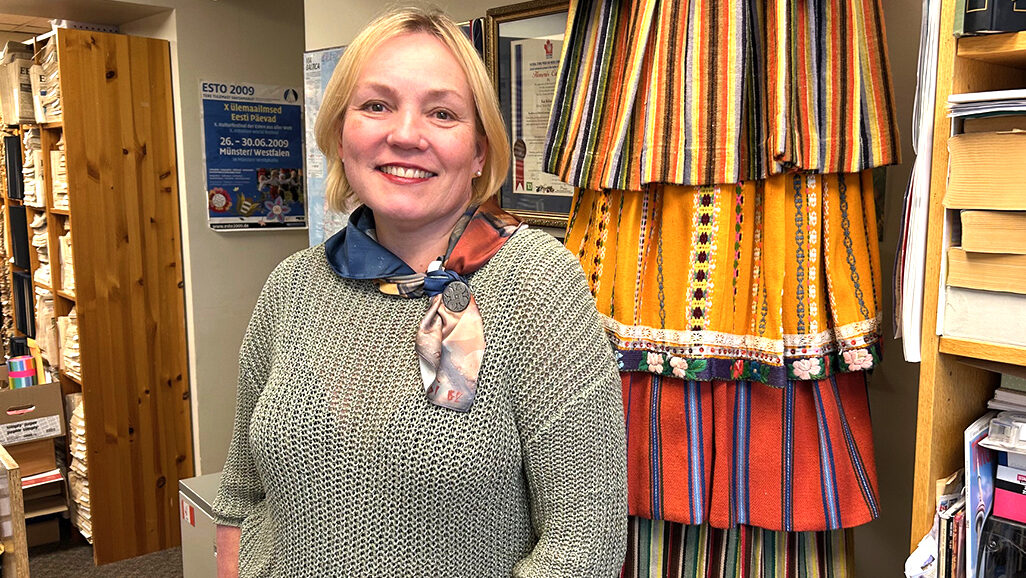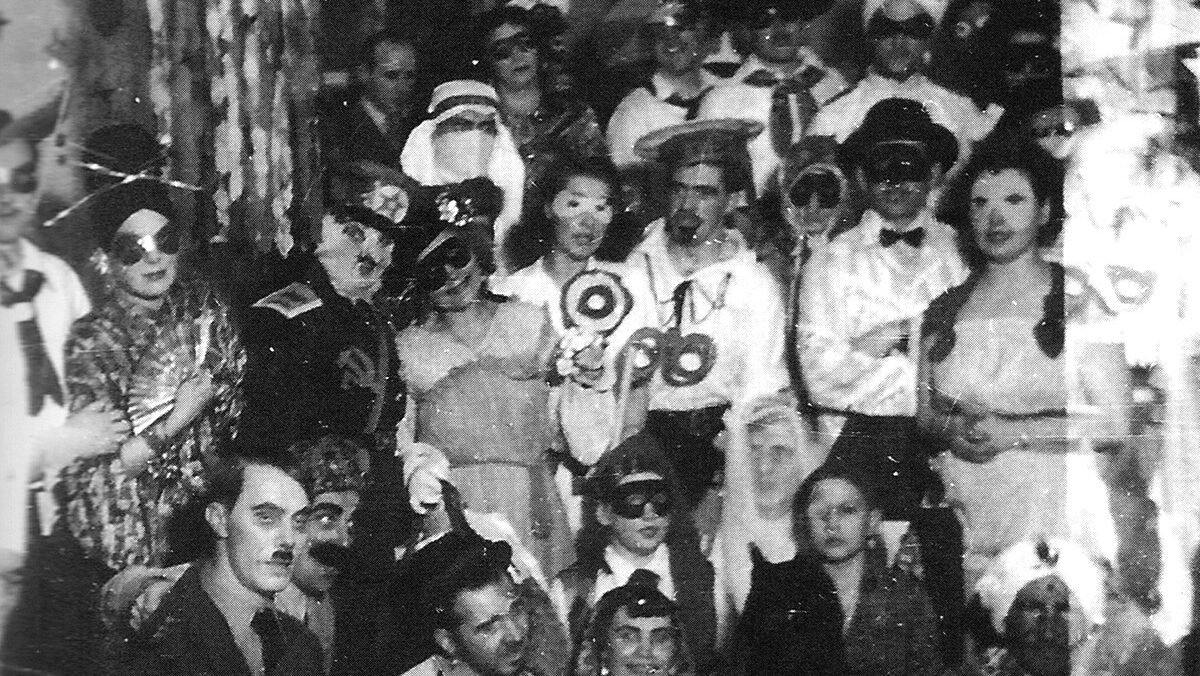Of course, there are Brazilians of Estonian descent still there today. Sharing Brazilian and Estonian heritage myself, I wanted to speak with someone who could offer a contemporary glimpse of what it's like in the space where these two cultures meet.
Grete Soares de Camargo (née Kõrgesaar) lived in São Paulo for many years, before returning to Estonia in the summer of 2020. As the creator of the blog Living It Brazilian, she has shared many insights on Brazilian culture through an autobiographical lens. Currently, she is the Customer Relations Manager at Work in Estonia, utilizing her knowledge of the Brazilian market to encourage business interaction with and immigration to Estonia by Brazilian professionals:
What initially brought you to São Paulo?
I was doing my Master's degree at Tartu University when I got the opportunity to become an exchange student once more. My first study abroad experience was at the University of Barcelona in 2008-2009 through the Erasmus Program. Since my first experience of living and studying abroad had been truly eye-opening and enriching, I jumped at the opportunity. This time it was the ISEP program that allowed me to spend a year in a foreign university of my choice. I wanted to go somewhere even further, with a different culture, and learn a new language in the process.
What were your initial perceptions of Brazil before you moved?
I didn't know too much about Brazil before preparing for my exchange year. However, my friend from school went on an exchange there. Communicating with her helped me to imagine a vast, multifaceted, and more profound Brazil than the famous beach-samba-football combo that most of the world knows the country for.
[In advance of studying in São Paulo in July 2013], I started to prepare with any and all information I could get my hands on. This is also when I became more aware of the social disparity and other issues that the country struggles with. This made me more curious to find out what Brazil was really about.
Was your blog Living It Brazilian immediately something you knew you would do to document and report on what's happening in Brazil?
Life in Brazil (especially in São Paulo) was much more expensive than I had imagined and by the end of the first semester, I had already spent most of the money I had saved up for my exchange year. I started thinking of ways to make some more money to keep afloat. Since I studied journalism as my BA and had collaborated with several newspapers and magazines before, I contacted a few of them to find out whether they would be interested in articles about Brazil. I got to write about tourism in São Paulo, women of different social status, and much more. This was also the first time I really started to write down my reflections on the cultural differences I was experiencing.
Soon after, I got an internship and full-time job at a software company, and actually started dating a Brazilian guy, who went on to become my husband almost a year later. I started Living It Brazilian a couple years later, when I had officially moved to Brazil with the intention to stay and was still experiencing a culture shock in its most acute form.
Do you find that many Brazilians are familiar with Estonian people or culture?
There are nice connections between Estonia and Brazil. Oskar Metsavaht [a Brazilian fashion designer of Estonian descent] definitely has been doing an amazing job supporting Estonian initiatives and making them more visible in Brazil. Also, names like Toomas Hendrik Ilves, Ragnar Sass, Transferwise, Pipedrive, and others are becoming quite well known in certain circles.
Nevertheless, I would say that most Brazilians don't have a clue about Estonia. But hey, that probably goes for the most of the world, and the situation is changing. I have noticed that in the last few years, Estonia has actually been talked about a lot in Brazilian media and business spheres as an example for digital advances. A couple of months ago, my father-in-law sent me a photo of an article in Valôr Economico newspaper, which used “Estonia” in its title as a metaphor for a digital success to be copied. That was very satisfying to see.
São Paulo has the largest presence of Estonians in Brazil. In what ways have you had the chance to get to know this community?
I did meet the community of Estonian descendants in Brazil at least once, when I was feeling especially homesick. I'm part of their group on Facebook and always kept an eye on what was going on there. However, since São Paulo is huge and hectic and there was something new going on all the time, this was pretty much the only contact I had.
What has been the most significant thing you've communicated to readers about your experiences and knowledge on your blog?
The most significant thing about my blog has actually been the feedback from the readers and the connections that have come out of it. I have always been torn between wanting to write from my own experience, since this is what ends up turning out the best, but not wanting to expose myself too much. However, when I started to get people's heartfelt feedback, especially to those texts that had come from a place of vulnerability, I realized it was worth it.
One experience that had an impact on me was from a Brazilian girl from Belo Horizonte, who got in touch with me in the beginning after her Estonian boyfriend recommended that she read my blog. She wrote to tell me how much it had impacted her, how it opened her eyes to how us foreigners see Brazilians and thus, made her understand her boyfriend better. We started exchanging messages. Later, she got married and moved to Estonia, but we still kept in touch from time to time. Finally this year, after about four years since our first contact, I finally met her and her husband in person here in Estonia. It felt like meeting an old friend.
****
To read more about Grete's experiences, you can read her blog here. You can also see some of what she's involved with at Work in Estonia here.
This interview has been edited and condensed.
This article was written by Vincent Teetsov as part of the Local Journalism Initiative.




